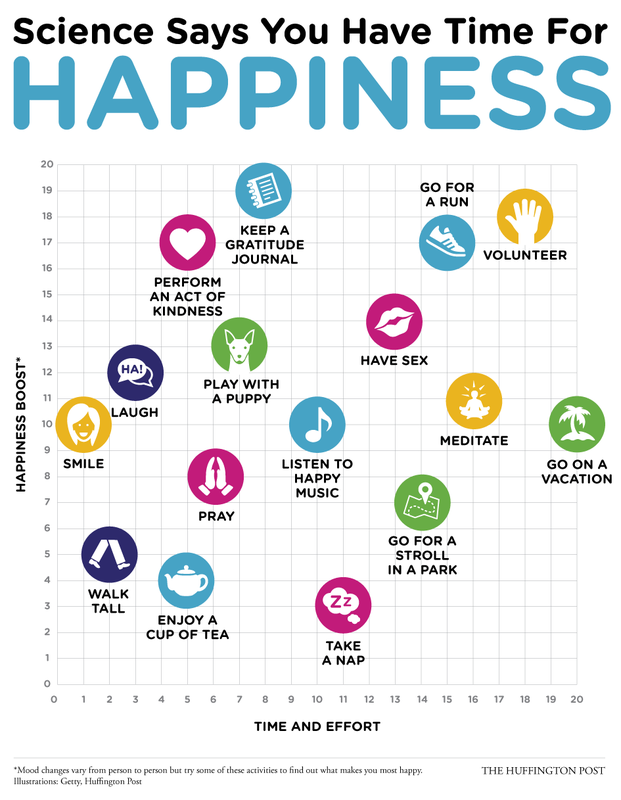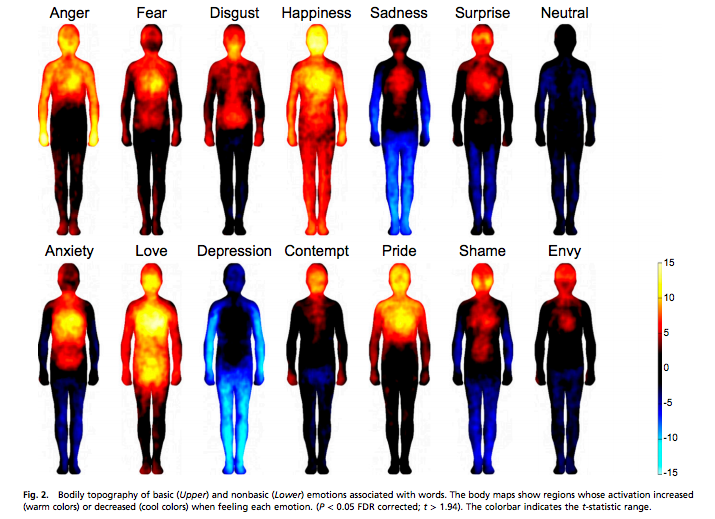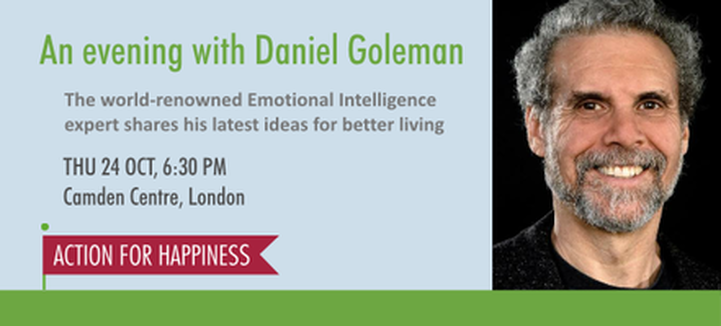Whilst empathy required feeling the pain of others, and was not sustainable, compassion activated a different area of his brain under fMRI scanning, and could be practiced for far longer without any distress.
This knowledge is important as we think about how to improve compassionate caregiving, in our Health Service, in caring professions and in society.
We now know that compassion is linked to positive emotions. During the research with Tania Singer at the Max Planck Institute, it became clear that the phenomenon we think of as burn out is due to "empathy fatigue", rather than "compassionate fatigue". Matthieu says "In fact, compassion far from leading to distress and discouragement strengthens our fortitude, our inner balance and our courageous determination to help those who suffer. In essence, from our point of view, love and compassion do not wear out. Rather they help to overcome empathic distress.
Click to Link http://huff.to/19VQupN



 RSS Feed
RSS Feed